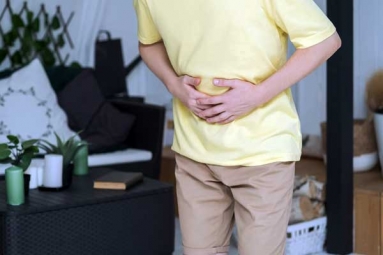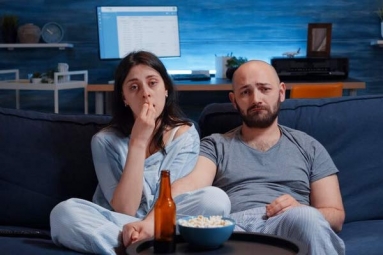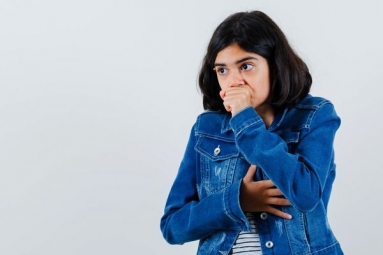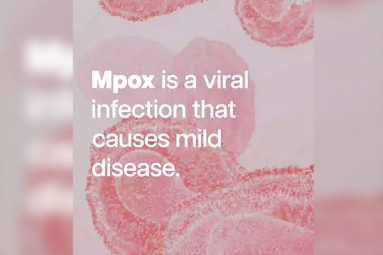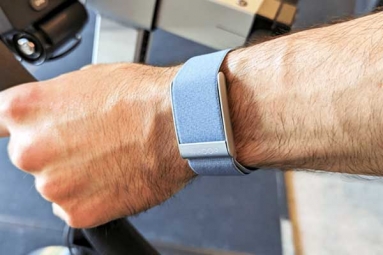1.1 Billion People Globally at Risk of Hearing Loss, Loud Music on Headphones One of the Reasons
February 19, 2019 12:22
(Image source from: Video Blocks)
Sound pollution can be detrimental to you and especially the younger generation getting through in today’s way of life is more vulnerable to becoming hearing-impaired.
According to the estimation by the World Health Organization, about 1.1 billion people globally, between the ages of 12 to 35, are exposing to a danger of hearing loss each day.
About 50 percent of teenagers and young adults are vulnerable to unsafe levels of sound from the use of personal audio devices, according to the report, and about 40 percent are vulnerable to potentially damaging levels of sound from things like clubs and concerts.
The safe threshold for loud sounds humans can stand is 85 decibels (dB) for eight hours or 100dB for 15 minutes. Any more than that can be painful and can damage your inner ear. To put that into perspective, normal conversation happens at about 60 decibels.
Graphic of levels of noise in daily life and the safe limits of exposure recommended by the World Health Organisation pic.twitter.com/TKWNK0xKd0
— AFP news agency (@AFP) February 14, 2019
A motorcycle's noise level is about 95 decibels, which is harmful when exposed to for more than 2.5 hours. A hairdryer meanwhile sits at 100 decibels, meaning you shouldn't be sticking in so near your skull for more than 15 minutes.
Hearing music on your headphones subjects your ears to 105 decibels, which is kind of safe for about 4 minutes. But seeing as that's just a little over the length of one song, you're probably listening for longer. A bar or club is worse (110dB), something you shouldn't expose yourself to for more than a minute and a half.
And for your festival firecrackers, which is 150db, you should absolutely not be in proximity to at all for any length of time.
"As they go about their daily lives doing what they enjoy, more and more young people are placing themselves at risk of hearing loss," notes Dr. Etienne Krug, WHO Director for the Department for Management of Noncommunicable Diseases, Disability, Violence and Injury Prevention.
"They should be aware that once you lose your hearing, it won't come back. Taking simple preventive actions will allow people to continue to enjoy themselves without putting their hearing at risk."
-Sowmya Sangam




